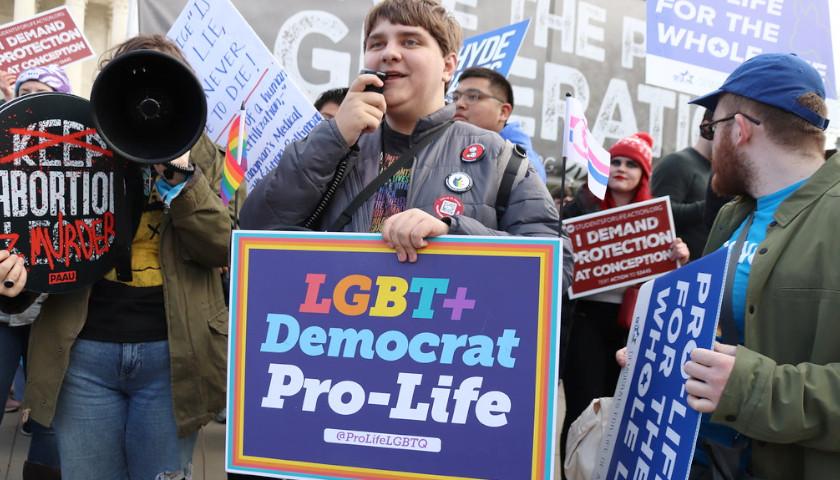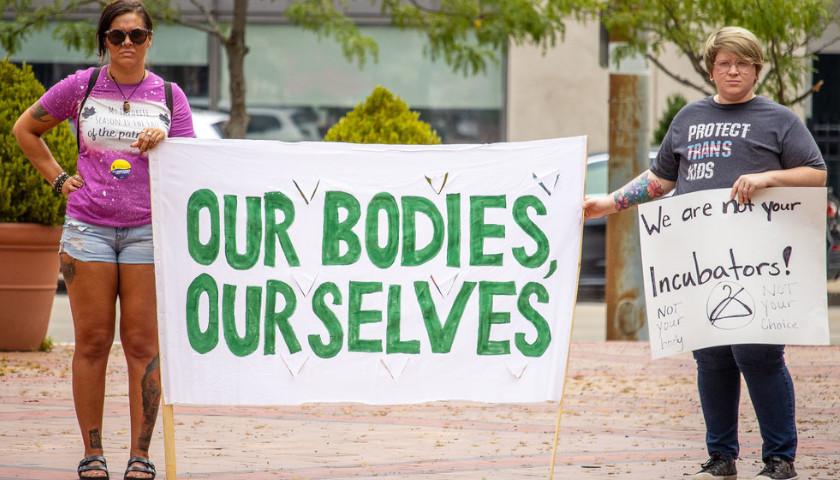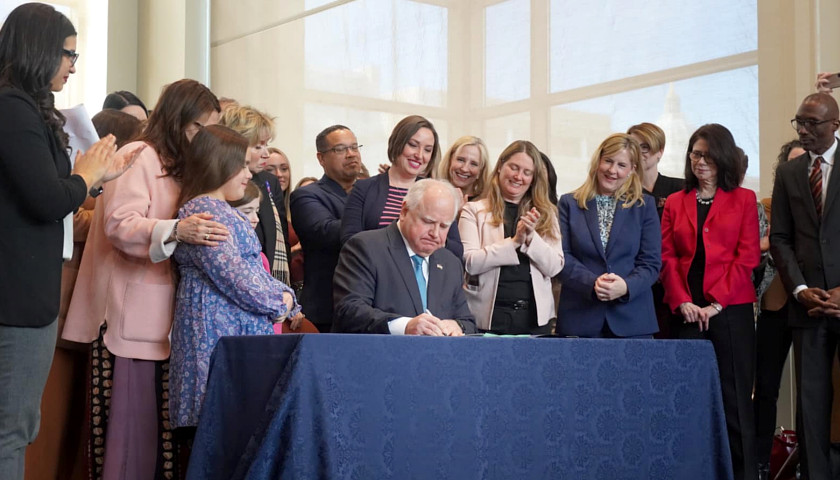In the wake of news last week that Connecticut’s Wesleyan University has agreed to pay for all student abortions and emergency contraception, veteran journalist Chris Powell considers that the move by this “citadel of leftist groupthink” signals the state may have spiraled downward to a point at which abortion has now become Connecticut’s “highest social good.”
As CT Mirror reported last week, the Wesleyan Democratic Socialists’ demands for abortion and contraception services following the Supreme Court’s ruling that overturned Roe v. Wade were met with approval by the school.
The Wesleyan Admin has accepted our demands regarding the Reproductive Justice Campaign. Thank you to everyone that signed the petition and supported our cause. pic.twitter.com/KZnqAdN7Cd
— Wesleyan Democratic Socialists 🌹 (@wes_ydsa) May 3, 2023
Beginning in fall 2023, Wesleyan will pay for medical costs for abortion not covered by insurance, transportation to and from abortion clinics, and pain medication after abortion.
Additionally, the school will provide free “emergency contraceptives like Plan B and ella.”
“It’s incredibly meaningful that the university is supporting its students in this way, especially in a national climate where abortion is so under threat,” Anna Tjeltveit, a Wesleyan Democratic Socialist, told CT Mirror, “for the university to say not only that all students have a right to access abortion — but that all students have a right to access affordable abortion.”
Amina Mednicoff-Misra, co-chair of the Wesleyan Democratic Socialists, also commented that while Connecticut generally “supports reproductive health,” there was still a sense “that we were the ones that would have to foot the bill.”
“And that is just not affordable for everybody,” she added.
“Maybe nothing less could have been expected from Wesleyan University in Middletown,” Powell wrote Wednesday at the Journal Inquirer, “but according to the university chapter of the Democratic Socialists, the university has agreed to pay for abortions for its students.”
“Not for treatment of cancer or multiple sclerosis or Crohn’s disease or AIDS or other serious ailments, just abortions,” he observed. “The university’s implication is that while those ailments are often fatal, abortion is the highest social good.”
Powell noted Wesleyan’s decision fits in well with current thinking at the state capitol, “where proclamations of fidelity to abortion rights trump the daily shootings in the cities, the repeat offenders running rampant, the collapse of public education, the worsening poverty, and the government’s shift away from public service to a mere pension and benefit society.”
Nevertheless, he pointed out that infatuation with abortion has been part of the fabric of the state long before the overturning of Roe. Even Republicans, who have at times been referred to as the “pro-life party,” rarely challenge abortion rights in the state:
The people who extol abortion well may believe that it is the highest social good. Yet their clamor seems a bit out of place in Connecticut, where a Roe v. Wade policy on abortion was enacted years ago and will remain in force whatever other states do with their new freedom to legislate on the issue. In Connecticut, abortion anywhere, any time is challenged only by occasional calls for requiring parental notification for abortion for minors. While parental notification has broad support with the public, nothing can sway the abortion fanatics in control of the General Assembly’s Democratic caucus.
Such “abortion fanaticism,” as Powell calls it, may serve primarily as “a distraction from the defects of both the national and state Democratic administrations.”
“It presumes that clamor about abortion can induce most people to forget about inflation, forever wars, open borders, and the soaring national debt as long as there is a chance that the law somewhere might impede abortion of viable fetuses,” he wrote.
While Powell suggests the “political judgment of Connecticut’s abortion fanatics may be correct,” given the other “nuttiness” in the state evident in time spent in debates about “transgenderism” and providing “unemployment benefits” for striking public service workers, he is still not sold that the “fanatics” actually represent the “majority opinion or even anything close to it.”
“If their power is mainly their ability to intimidate those who disagree, their position could actually be weak,” he asserted. “Connecticut won’t find out what the public really thinks until some people in public life try talking back – calmly and rationally but firmly – daring to attempt argument.”
– – –
Susan Berry, PhD, is national education editor at The Star News Network. Email tips to [email protected]
Photo “Woman Taking a Pregnancy Test” by Tima Miroshnichenko.





